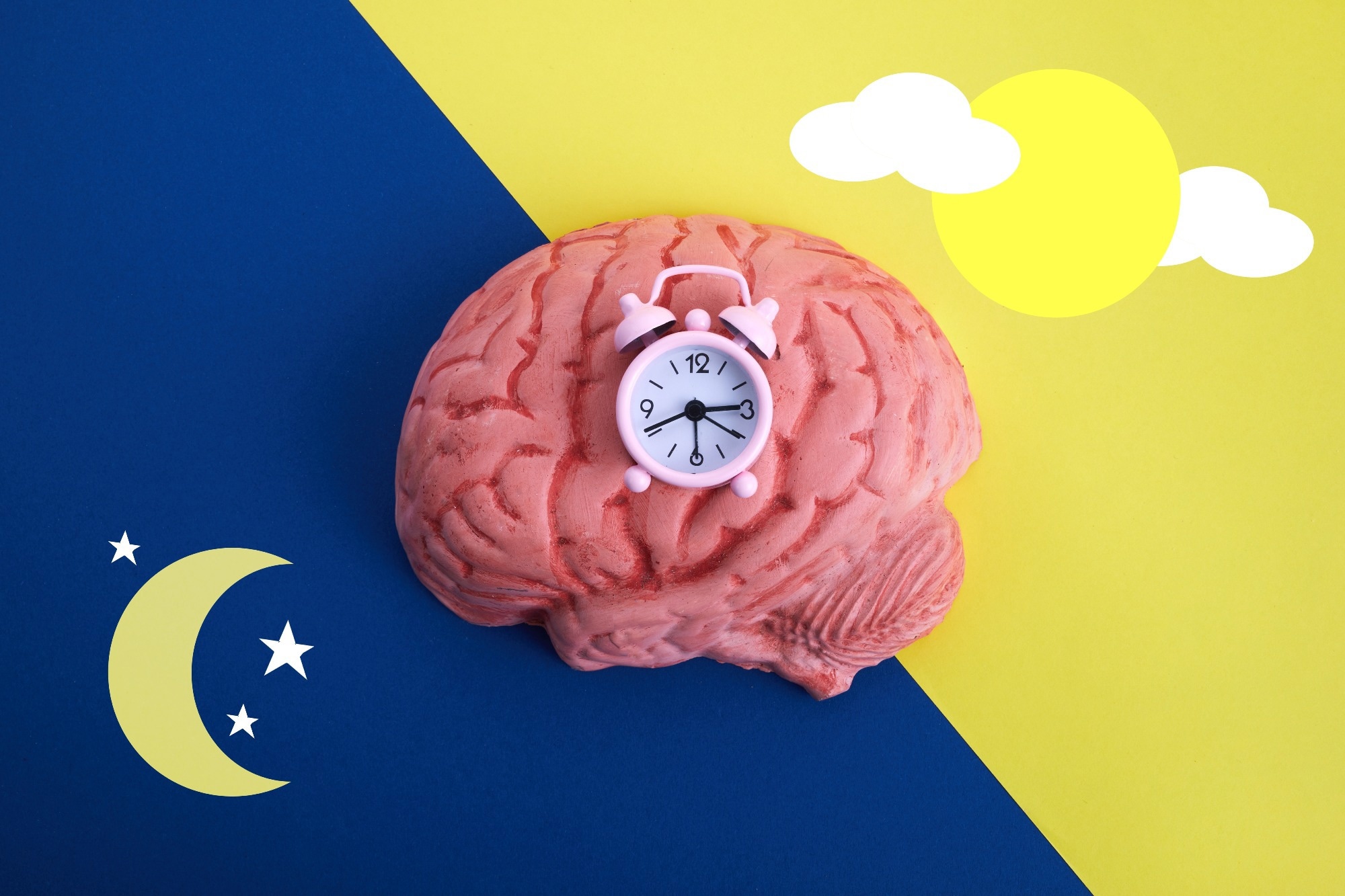Only four weeks of shift work-like patterns in female mice are enough to disrupt their biological clock and reduce fertility, according to research presented at the 25th European Congress of Endocrinology. The findings help scientists better understand how circadian disturbances impact female fertility, which could eventually lead to future prevention strategies for women working in non-standard work schedules.

Study: Effect of circadian disruption on the hypothalamic control of reproduction in female mice. Image Credit: vetre / Shutterstock
The circadian rhythm is generated by the body's internal clocks, which are synchronized to a 24-hour period, mostly by changes in light across days. These clocks regulate various biological functions and processes, including the sleep-wake cycle, hormone secretion, digestion, and reproduction, but can easily be disrupted by inappropriate light exposure, such as light at night.
The 'master biological clock' is located in the suprachiasmatic nuclei, a small region in the center of the brain called the hypothalamus. The hypothalamus is also the regulatory center for reproductive function by acting on the pituitary gland – attached to the bottom of the hypothalamus – which in turn regulates ovarian activity to promote ovulation. Numerous studies in both mice and humans indicate a negative impact on female reproduction when the circadian rhythm is disrupted. However, the underlying mechanisms are not yet fully understood.
Researchers from the Institute of Cellular and Integrative Neurosciences (INCI) and the University of Strasbourg have previously shown that shift work-like patterns for several weeks lead to a reduced pregnancy rate in female mice. Now, in this study, the researchers mimicked long-term shift work conditions in female mice by constantly shifting the light-dark cycle, delaying and advancing light exposure by 10 hours across four weeks, and found that the massive release of the pituitary hormone called luteinizing hormone – which triggers ovulation – was abolished, subsequently reducing fertility in these mice.
"The decreased fertility is due to an alteration of the master circadian clock signalling towards the hypothalamic reproductive circuit," said lead researcher Marine Simonneaux. "Specifically, our research shows that four weeks of chronic shift exposure impairs the transmission of light information from the master biological clock to the kisspeptin neurons, known to drive the timing of the pre-ovulatory luteinising hormone surge."
The next step for research will be to look at whether other additional internal clocks are altered after shift work-like patterns.
"The circadian rhythm not only requires proper functioning of the master biological clock, but also a synchronised activity of numerous secondary clocks found in other brain areas and peripheral organs, including reproductive organs," said Ms. Simonneaux. "Understanding the precise mechanisms by which circadian disruption alters the reproductive function is important, as it may pave the way for potential preventive and therapeutic interventions to reduce some of the negative effects of shift work on women's fertility."
The study "Effect of circadian disruption on the hypothalamic control of reproduction in female mice" will be presented on Tuesday, 16 May 2023, at the European Congress of Endocrinology at the Halic Congress Center in Istanbul, Turkey.
The 25th European Congress of Endocrinology (ECE) is held at the Halic Congress Center in Istanbul, Turkey, on 13-16 May 2023. See the full scientific program here.
Source:
Journal reference: